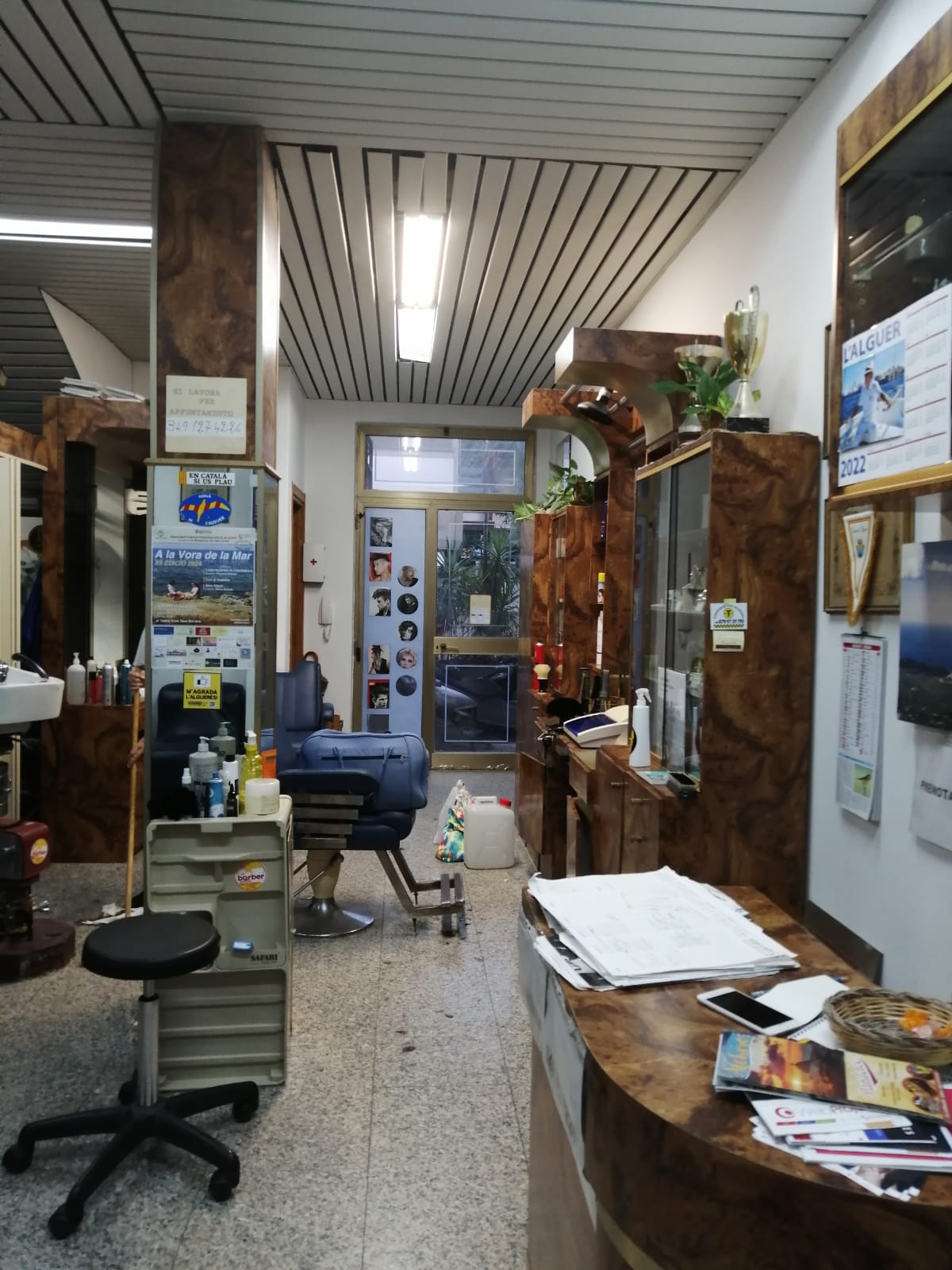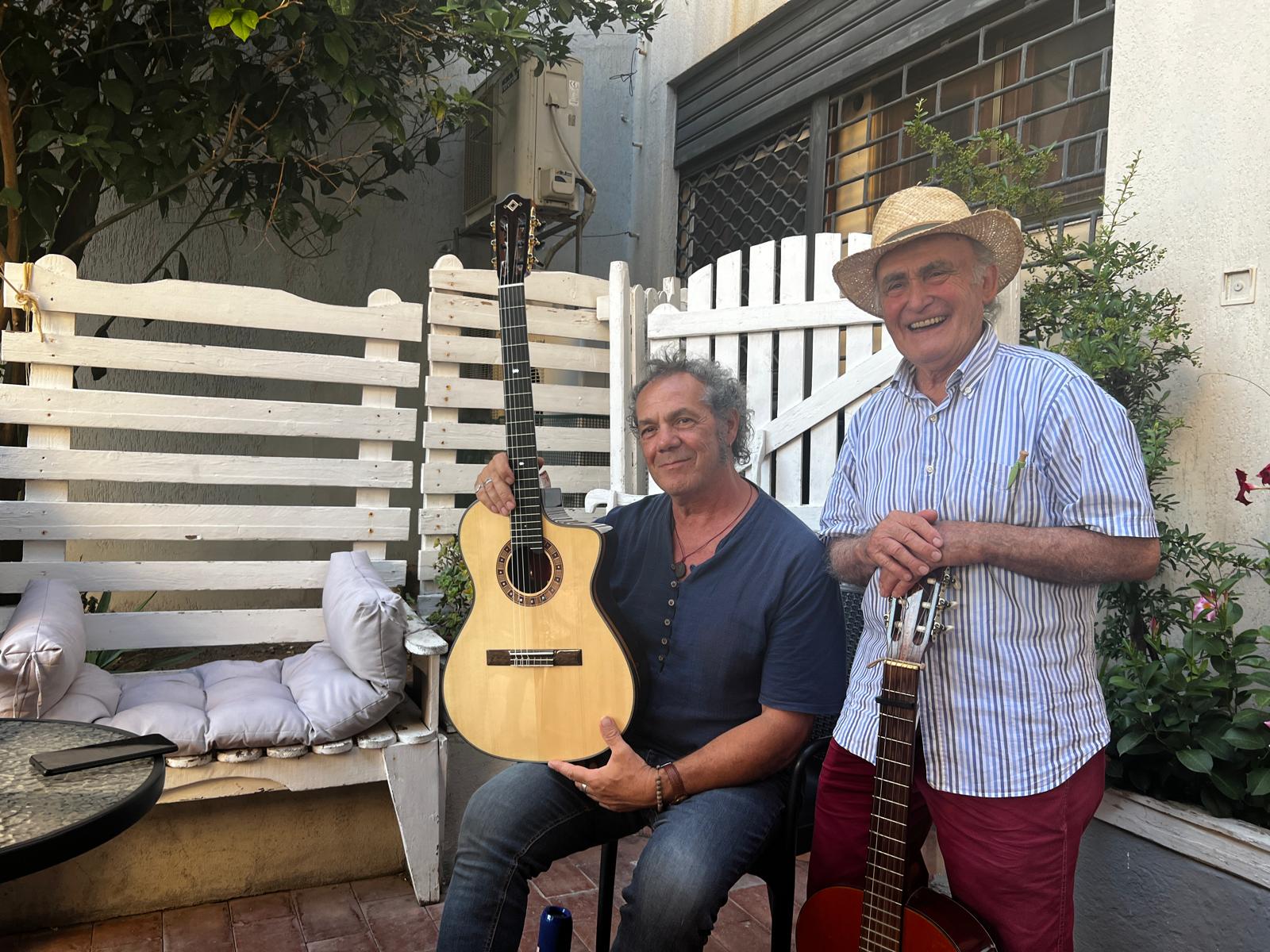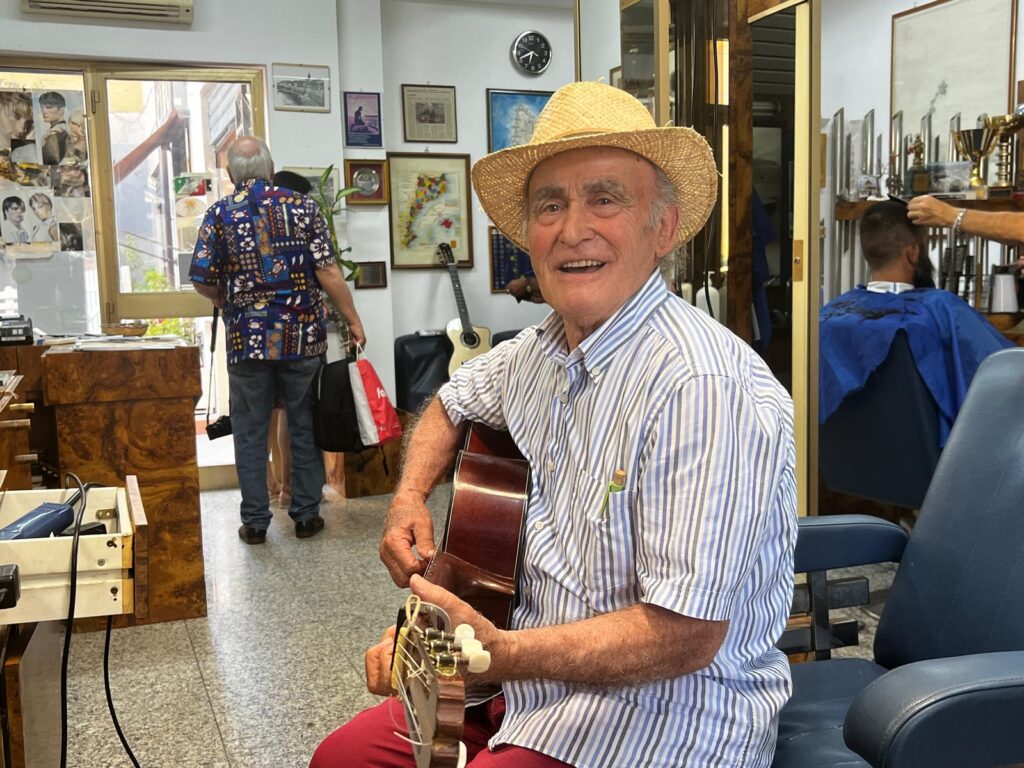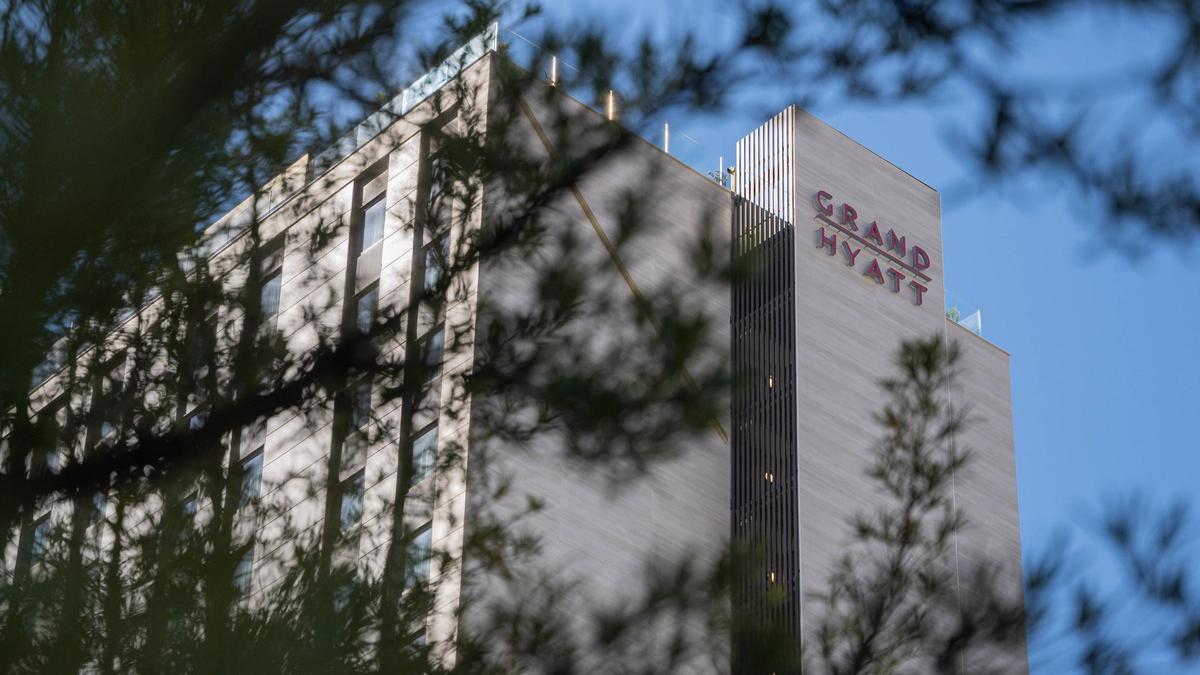to Angel Mariska (Alghero, 1944) Being a barber and being a singer are the same thing. “First I cut the clients’ hair, then I sing them a song. That way they pay a little more!” Known by the nickname The Barber, he is the last singing barber left in Alghero, because the new generations have not continued this tradition rooted in the Sardinian city.
Since he was seven, Mariska has been working between razor blades, mandolins and guitars, singing traditional Alghero songs. Now 80, he has just released his second album, reunionA title that evokes the famous “Journey of Reunion” that took place in 1960 in the port of Alghero and served to reunite the Catalan city of Sardinia with the Catalan states.
After talking to Angel Maresca, you have an irresistible desire to visit the city of Alghero, and even more so, to meet him. As a gift, he improvised a balziga, the traditional song of the city: “Alba, come to Alghero, come to me, Angelo Maresca can sing you a song! A song that can sing you, and make you happy, so always look, and you will come with joy!”
—Will we find in your album those songs that you always used to sing in the barber shop?
– In this second album I chose ten songs that I have composed throughout my life, some from the seventies or eighties. They talk about social issues, cultural issues, things that interest me. But in the barbershop, I usually sing the traditional Alghero songs, the palazzo, that I collected in my first album. In this, they are not like that.
—How do you remember your beginnings in this profession?
– I started very young. Since I wanted money to go to the cinema, and my parents didn’t give me any money, I had to work. There was a lot of misery! So, when I was seven, I already started working as a barber and singing. I was already playing the guitar and mandolin, and then I went to music school to learn more. I’m also part of a music group. I’ve always sung. I’m 80 and I still want to sing, and I hope to reach 100 singing too!
—Many of us might be surprised to find a barber in a barbershop playing guitar and singing, but this was very common in Alghero, wasn’t it?
– Yes. It all goes back to 1800, when the Operarária Mútua Socors was born in Alghero, which was a form of private social assistance that tried to compensate for the lack of national assistance, which did not reach the people of Alghero. Then the barbers got together in this type of association and started to hold fairs, parties, sing together and get to know each other. They fulfilled a social function that has disappeared today. Now, since national assistance already exists, the associations no longer have any meaning, the barbers of Alghero no longer know each other, they no longer sing in the barbershops.

—Are you the last singing barber in Alghero?
– Yes, I am the only one who keeps this tradition. Young barbers no longer study music, they no longer belong to bands, this tradition has been lost. In the barbershop, two other men help me, but neither of them sings. I have already put the guitar in their hands, but they do not like it! [Riu]
—Do you feel any responsibility for being the only one?
– No, I like to do it, and I don’t feel any responsibility. For me it’s a pleasure to sing!
—But do you feel sorry for that?
– Yes, that’s true. It’s something we’ve lost. But there’s nothing we can do about it. Hope must not die.
—Are you thinking about retirement?
– I’m already retired! [Riu]. Officially, I’m retired, but I still work. If I don’t go to the barber shop what do I do? How do I kill time? Time will kill me! So, I’m the one who kills time singing!
—Are your customers small or large?
– They are old, fifty years old and older. I sing songs only for old people like me! Few young people care to listen to songs from Alghero.
—Can we say that traditional Alghero music is in danger?
– No, thank God traditional music is not in danger. It is still alive. There are many people who sing in Alghero, the music is an orally transmitted tradition here. The young disciples sing Alghero folk songs. However, talking about it is more complicated.
—Are there more people who sing songs in Algeria than speak them?
– Exactly. Singing is easy: for example, I sang in English when I was a child, even though I didn’t speak it. Alghero music is still alive today. We don’t know what will happen tomorrow. You can’t know the future. But there are some young people who are interested in it, and some teachers who teach it in school. In Alghero there must be four or five primary schools that teach songs in Alghero.

—I have been a Catalan activist in Alghero for many years. What is the health of the language in general? Door handle?
– Like all minority languages in any region, it is in danger. Fortunately, there are still about ten thousand people who speak it. But when a speaker dies, he or she is not replaced by a new one. The further you go, the fewer people speak Alghero. Only a miracle can save our language. Transmission in the family is necessary so that it is not lost, and this is very difficult to achieve. Couples mix with people from all over Alghero, who do not speak the language, and children are spoken to in Italian. On TV, you can see very few things. I remember my son’s teacher asking me not to speak to him in Alghero because he would not do well at school if he did not speak Italian. All these things discouraged people from speaking Alghero.
—But do you think there have been improvements in recent years? For example, The situation at school has changed.Last year, Alghero families were able to request curricular and extracurricular activities in Catalan for the first time.
– Yes, but officially it has not started yet. There are no trained staff who can do this teaching. In principle, it will start next year. Either way, I think it is a way to help the language that can be learned in school. Now, we have to see how things will turn out, but I have hope.
—Should the rest of the Catalan states provide more help? Should there be more of a relationship? More awareness?
– Having contacts is preferable to stimulation. With whom would we communicate if not with you? With others, with whom do we not get along? However, I think that we should have more contact between us, because it would help to preserve the language. We should improve, we should do more of what is going on: from our side and from your side.
Historic demand in Alghero: 400 families choose to take Catalan language lessons

“Professional web ninja. Certified gamer. Avid zombie geek. Hipster-friendly baconaholic.”









